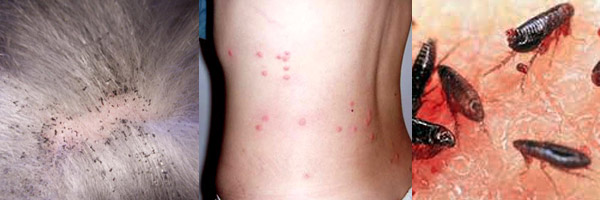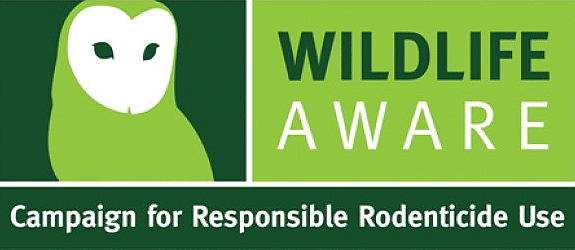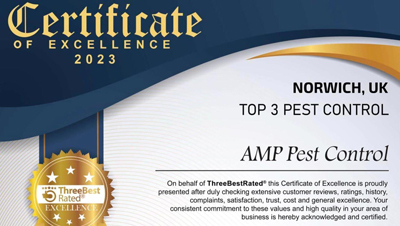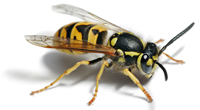Fleas

There are around 2,000 types of fleas in the world, of which 68 reside in the British Isles. The most common infestations (around 75%) in British homes and office blocks are of the cat flea which can be transported on human clothes and shopping bags, as well as on our pets. Dog fleas are also common and – like the cat flea – will feed on other animals and people if their preferred host is not available.
Why it is a pest
Although fleas can pass on diseases when they feed on human blood, this is rare in this country and the main problem they cause is discomfort from their bites. It is possible though that they may transmit tapeworm eggs – and of course they can cause our pets considerable problems.
Fleas can be irritating and painful to pets and to humans, but they can also cause more serious problems in pets:
- Flea Allergy Dermatitis (FAD), an allergy to fleas’ saliva or faeces that needs to be diagnosed by a vet
- Transmission of tapeworm
- Blood loss and anaemia in puppies and kittens
- Transmission of other blood-borne diseases (some of which can affect humans but this is rare).
Biology of the Pest
Fleas breed by laying eggs which usually hatch after a week. But in cold conditions or where there is no host to provide the blood they need to survive, the eggs can take up to six months to hatch. The vibrations caused by nearby human or animal movement, or warmer conditions, will stimulate hatching – which is why infestations can become apparent when an empty property is newly occupied. A female flea can lay up to 50 eggs in 1 day or 1,500 in a lifetime.
Signs of Pest Presence
Fleas are a very common problem. They often spread by jumping onto your pet from infested environments such as someone else’s home, gardens and parks, but not usually from other infested pets as is often thought. Once a flea has found a suitable host it will tend to stay there.
If you have a cat or dog, the chances are they’ll experience a flea infestation at some time in their life.
A recent survey shows that nearly 1 in 10 dogs and over 1 in 5 cats may be suffering from fleas at any one time.
Removal Methods
It is a legal requirement that insects are to be identified before a pesticide treatment can take place. "The Protection of Animals Act 1911", amendment 1927. Once identified, we can use the correct pesticide/insecticide to eliminate this pest.
Whether you need help with a one-off pest removal, or are looking for regular service visits to minimise the possibility of a pest infestation causing impact on your business...
Call us on 07939964443
Prevention is better than Cure - Working with the Environment










